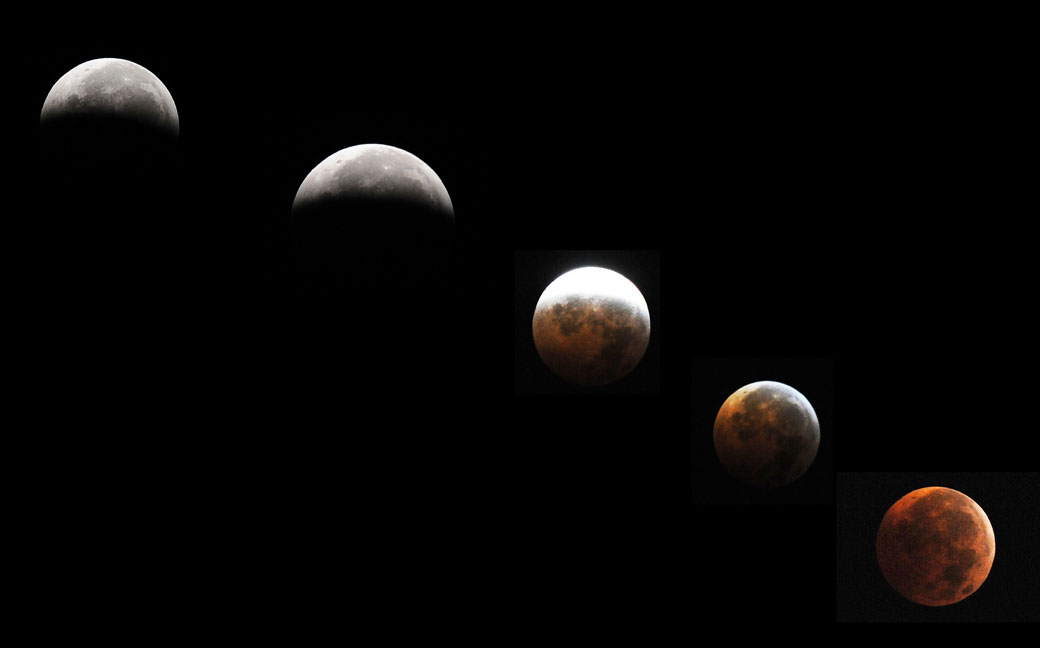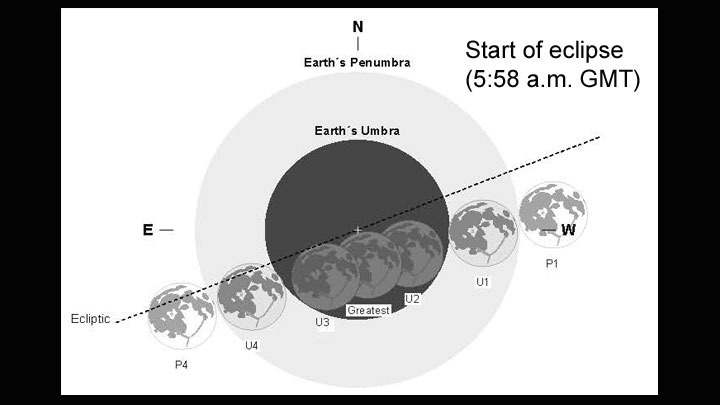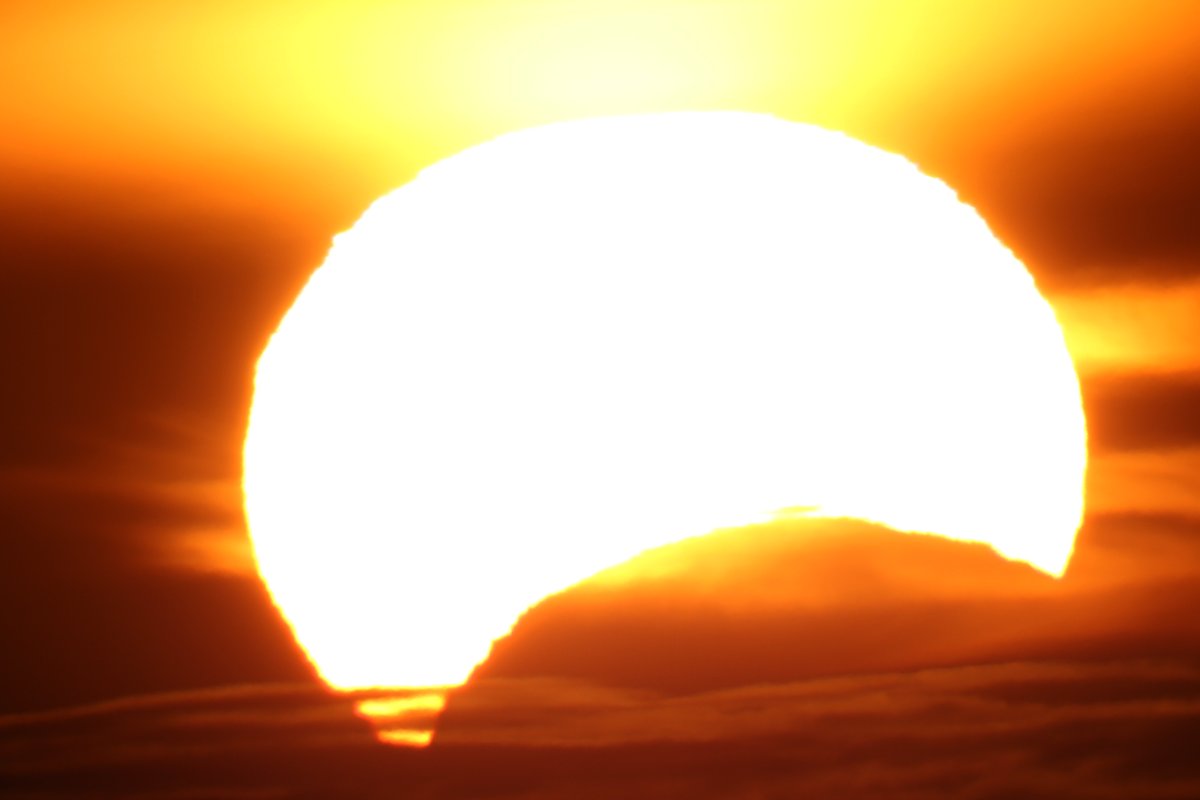TORONTO – Eclipses have always been a thing of wonder (and in the not-so-distant past, fear). So it is with great fortune that most of Canada will be treated to several eclipses in 2014.

The first eclipse, a total lunar one, occurs on April 15. The entire eclipse will be visible from British Columbia and the Yukon through to Northern Ontario, the Northwest Territories, and Nunavut. The rest of the country will see most of it.
The last time Canada was treated to a total lunar eclipse was Dec. 21, 2010.
READ MORE: In pictures — Solar eclipse
Lunar eclipses only occur during a full moon. The moon passes directly behind the Earth into its shadow, or umbra. However, before it passes into the umbra, it crosses into the penumbra, or partial shadow. When this happens, it’s difficult to see any real change. The real excitement begins when the moon slides into the full shadow. When this happens, the moon doesn’t disappear entirely, rather it darkens or turns a coppery-red colour.
(Just a week after this lunar eclipse, there is an annular eclipse. But that will only be seen from the southern hemisphere in parts of Australia and Antarctica.)
Fast-forward to October 8, 2014, and most of Canada once again is treated to another total lunar eclipse. This eclipse will be seen in its totality from British Columbia to western Saskatchewan. For the rest of the country various phases of the eclipse will be seen after moonset.
And just two weeks later, on October 23, most of Canada will be treated to a partial solar eclipse.
The eclipse will be visible from the Pacific coast to part of Quebec. The greatest eclipse occurs at 21:44 UTC in Nunavut, near Prince of Wales Island.
A partial solar eclipse occurs when the moon’s penumbral shadow crosses Earth, and just part of the sun’s disk is blocked. (Note: It is very important that you never look directly at the sun, even during solar eclipses. Doing so could seriously damage your eyes.)
If you’re planning ahead, click here for locations and times of the partial solar eclipse.




Comments